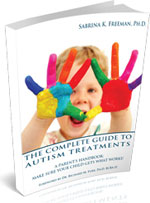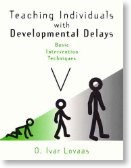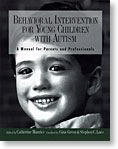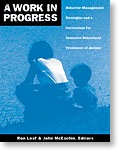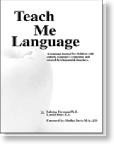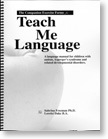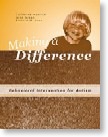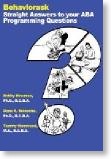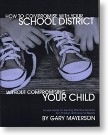Autism and the Birthday Party: A Litmus Test
09/09/11 18:24

Here’s a strategy that will most certainly benefit a child with autism: from pre-school until elementary school graduation, invite the entire class to exciting parties for every occasion and turn the home of the child with autism into “the fun” party place. Make sure that the activities are reinforcing and highly structured, the junk food is plentiful and the party is short (two hours maximum). Use any excuse to organize a party (whether Summer, Halloween, birthday, or other holiday). Make sure that at least some of the parties are in the child’s home in order to give parents a chance to see a typical family with a child who may be somewhat different. The more the family of the child with autism normalizes the environment, the more sanguine the parents of typically developing children will be; consequently, the greater the likelihood that those parents will allow their children to attend play dates with the child challenged by autism.
Not only will this strategy generate invitations to other children’s parties, it will also open up the possibility for reciprocal play dates at the typical child’s home (with an autism therapist shadowing). An added benefit to the party strategy is that the typically developing peers will start to become emotionally invested in the child with autism when they are at school together, which over the years, improves the prospects of developing a typical peer group for the child afflicted with autism.
What do we do about the parents of the children who do not attend and may be too rude to RSVP? In fact, they have just done the parent of a child with autism a great favor: they’ve failed the litmus test! In other words, they have lost the privilege of spending time with the child challenged by autism, and have forfeited a fascinating, enriching learning experience for their child.
Life is too short to waste on people who are not worth it!
Despite some parents’ ill-mannered behavior, it is wise to continue to invite all the children in the class, even those who have a pattern of non-attendance. Over the years, children who have been unable to attend the parties may eventually persuade their parents to allow them to attend, and actually teach their parents a valuable life lesson.
There are two kinds of people in this world, those who get it, and those who don’t. Why waste valuable time on those who don’t?
